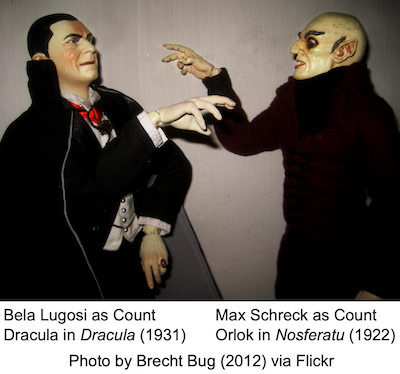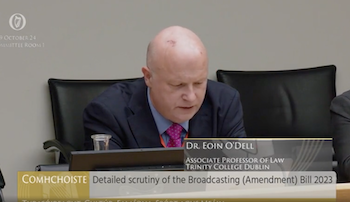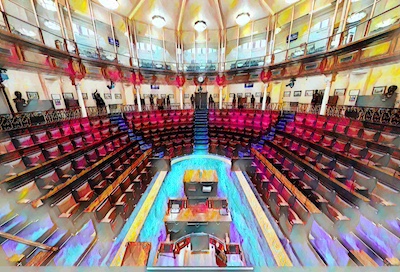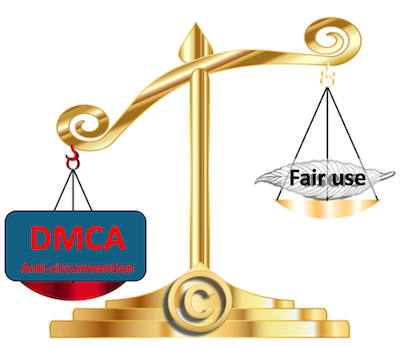Open Justice and the GDPR: GDPRubbish, the Courts Service, and the Defence Forces
 Last June, Tánaiste and Minister for Defence Micheál Martin announced the appointment of Peter Ward SC (pictured right) to examine the administration of cases involving Defence Forces personnel charged or convicted of criminal offences. The Report (pdf) was published this week. One of the headlines about it caught my eye:
Last June, Tánaiste and Minister for Defence Micheál Martin announced the appointment of Peter Ward SC (pictured right) to examine the administration of cases involving Defence Forces personnel charged or convicted of criminal offences. The Report (pdf) was published this week. One of the headlines about it caught my eye:
Soldier jailed for sexual assault was able to remain in Army due to ‘data protection’ concerns
A soldier was able remain in the Defence Forces while in prison for sexual assault after the court authorities refused to hand over details of his offences to the military due to “data protection” concerns.
… The report, by senior counsel Peter Ward, found various instances of information on criminal convictions held by civilian authorities not being shared with the Defence Forces. In some cases, this significantly delayed the discharge process. …
In a post on Twitter (I still can’t call it X), Mark Hennessy (Ireland and Britain Editor of the Irish Times) commented that this was a
… scandalous misuse of the GDPR legislation, displaying a complete lack of common sense, amongst other failings. Court documents are public documents, unless there are legitimate grounds for them not being so, and this is clearly not the case her
On the basis simply of the above press report, I was inclined to agree.…






